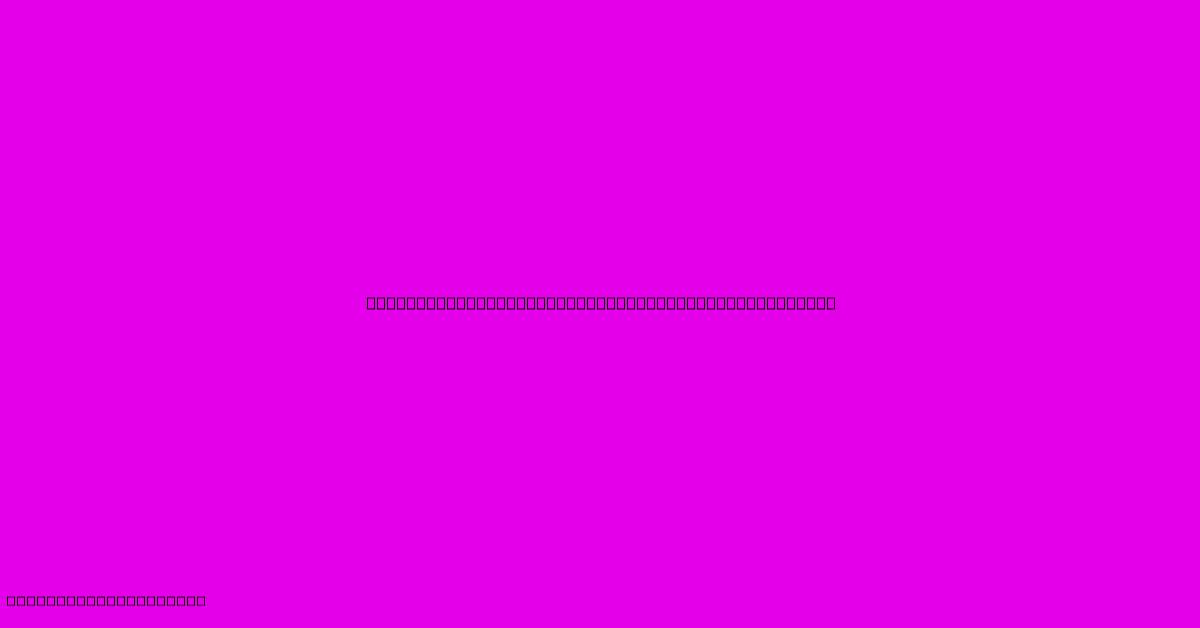Zuckerberg: Ending Fact-Checks Curbs Censorship

Table of Contents
Zuckerberg: Ending Fact-Checks Curbs Censorship – A Dangerous Precedent?
Mark Zuckerberg's recent announcement regarding Facebook's decision to loosen its fact-checking policies has ignited a firestorm of debate. The move, framed by Meta (Facebook's parent company) as a commitment to free speech, is widely viewed by critics as a dangerous step towards unchecked misinformation and censorship avoidance that prioritizes profit over public safety. This article delves into the implications of this decision, exploring both sides of the argument and considering its potential consequences.
The Shift in Facebook's Fact-Checking Approach
For years, Facebook partnered with independent fact-checkers to identify and flag false or misleading information on its platform. This process, while imperfect, aimed to curb the spread of harmful content, including misinformation about vaccines, elections, and other critical issues. Zuckerberg's decision effectively dismantles this system, shifting the focus from proactive fact-checking to a more reactive approach. This means less preemptive action against potentially harmful content and a greater reliance on user reporting and post-publication responses.
What Does This Mean for Users?
This change means users are likely to encounter more false or misleading information on their feeds. While Facebook claims users will still be able to report potentially false content, the effectiveness of this system remains to be seen. The lack of proactive fact-checking could lead to a surge in the spread of disinformation, potentially impacting public health, political discourse, and social cohesion. The impact on user trust in the platform is also a major concern.
Arguments For Loosening Fact-Checking
Proponents of the decision argue that independent fact-checking organizations often exhibit bias, leading to censorship of legitimate viewpoints. They claim that Facebook's previous fact-checking policies stifled free speech and unfairly targeted conservative voices. The argument centers on the idea that platforms should not act as arbiters of truth, leaving the determination of factual accuracy to individual users. This argument highlights a complex tension between the responsibility of a social media platform and the principles of free speech.
The Free Speech vs. Public Safety Debate
This decision throws the "free speech vs. public safety" debate into sharp relief. While the right to free speech is a cornerstone of many democracies, it does not encompass the right to spread demonstrably false information that causes harm. The question becomes: where do we draw the line? Facebook's decision suggests a prioritization of free speech, even if it means increased exposure to misinformation. This risks undermining public trust and eroding the very foundations of informed civic participation.
The Potential Consequences: A Risky Gamble?
The long-term consequences of Zuckerberg's decision are uncertain. However, several potential negative outcomes are readily apparent:
- Increased spread of misinformation: This is perhaps the most obvious consequence. Without proactive fact-checking, false information is more likely to go viral, potentially causing real-world harm.
- Erosion of trust: Users may lose trust in Facebook as a reliable source of information, leading to decreased engagement and potentially a shift towards other platforms.
- Political polarization: The spread of misinformation often exacerbates political polarization, making constructive dialogue and compromise more difficult.
- Legal and regulatory challenges: Facebook may face increased legal and regulatory scrutiny as a result of its decision. Governments around the world are increasingly concerned about the spread of misinformation online.
Conclusion: A Precedent with Far-Reaching Implications
Zuckerberg's decision to curtail Facebook's fact-checking efforts is a significant development with far-reaching implications. While framed as a defense of free speech, the move potentially undermines public safety and trust in the platform. The long-term consequences remain to be seen, but the decision sets a dangerous precedent for other social media platforms and raises serious questions about the role of technology companies in combating misinformation. The debate surrounding this decision is far from over and will likely continue to shape the future of online information and social media regulation.

Thank you for visiting our website wich cover about Zuckerberg: Ending Fact-Checks Curbs Censorship. We hope the information provided has been useful to you. Feel free to contact us if you have any questions or need further assistance. See you next time and dont miss to bookmark.
Featured Posts
-
Glass Shelves For Bathroom Cabinet
Jan 09, 2025
-
Rae Dunn Bathroom Jars
Jan 09, 2025
-
Bathroom Vanity 23
Jan 09, 2025
-
Landscaping Rails
Jan 09, 2025
-
Majestic Furniture
Jan 09, 2025